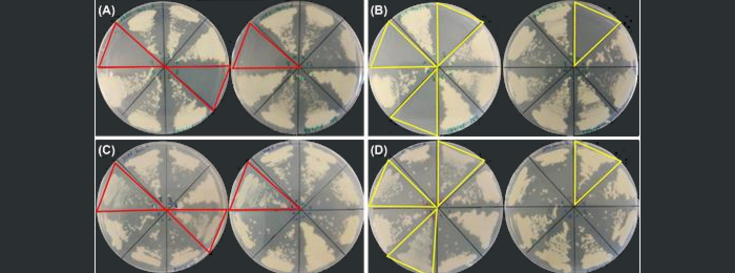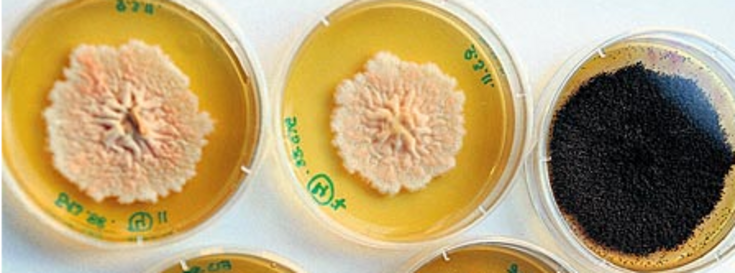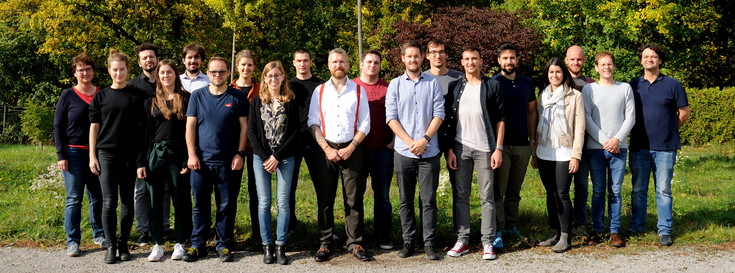Nature solved many problems, which industrial microbiologists encounter, when establishing microbial production processes. Natural adaptation to all possible ecological niches bred microorganisms, ready to tackle many industrial tasks. Our lab takes advantage of this natural biodiversity to find cell factories, which are as best as possible suited for the conditions, required by the industrial processes. We focus on chemical production from renewable resources to contribute to the development of a carbon neutral society.
Our lab’s philosophy is to combine natures diversity with synthetic biology, to develop bio-processes as close as possible to industrial realities. We employ bacteria, yeasts and filamentous fungi of different origins. Lactic acid bacteria are among our favorites as they combine extraordinary stress resistance with high carbon flux rates and low biomass formation.
For our synthetic approaches we are focusing on membrane transport phenomena. Compartmentalization is a basic principle of life. The minimal compartment is built by the cell membrane, dividing a hostile “outside” from the living “inside”. The decision, which compounds are transported in which direction is of utmost importance for the survival of any given cell. It is also of major interest for industrial microbiologists as substrate uptake and product export are limiting factors for bio-processes. Our lab is dedicated to understand transport mechanisms better and to make use of this knowledge for bio-process development.

Publications of this Research Group

Martin Altvater's Lectures
Latest Publication

Process engineering towards an oxidative cellular state improves 3-hydroxypropionic acid production with Lentilactobacillus diolivorans
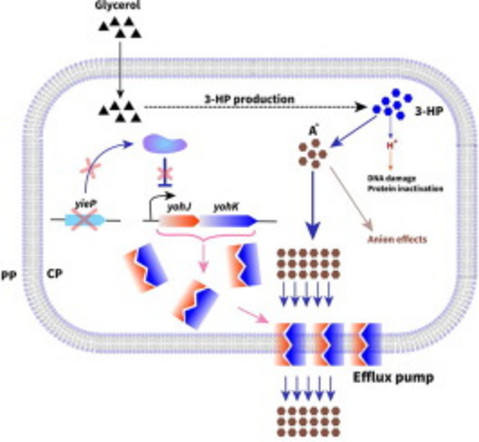
Improvement of 3-hydroxypropionic acid tolerance in Klebsiella pneumoniae by novel transporter YohJK.
Book release

Good Microbes in Medicine, Food Production, Biotechnology, Bioremediation, and Agriculture

Impact of ergosterol content on acetic and lactic acids toxicity to Saccharomyces cerevisiae
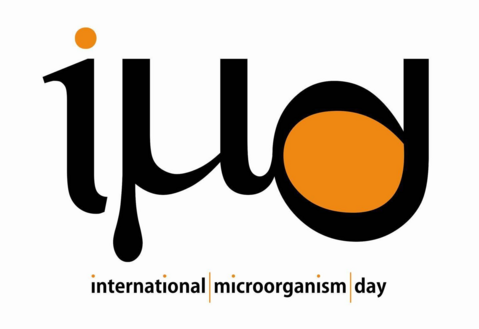
International Microorganism Day

Anna Erian's Lectures

Michael Sauer's Lectures
New Publication

Secretory expression of recombinant small laccase genes in Gram-positive bacteria
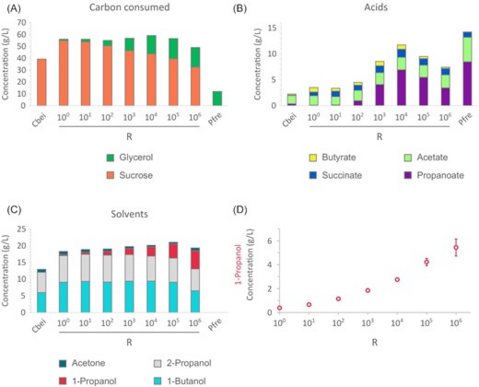
An artificial coculture fermentation system for industrial propanol production
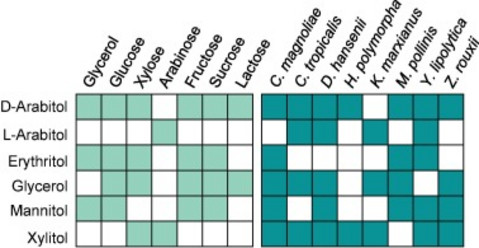
Utilizing yeasts for the conversion of renewable feedstocks to sugar alcohols - a review
Martin Altvater, Dipl.-Biol. Dr.sc. ETH Zürich
- Senior Scientist
- H79200 Institute of Microbiology and Microbial Biotechnology
- martin.altvater@boku.ac.at
- Phone
- +43 1 47654-79105
- Postal address
-
Institute of Microbiology and Microbial Biotechnology
Muthgasse 18/V
1190 Vienna - Office
-
MUG1-01/05
Muthgasse 18/I
1190 Wien

